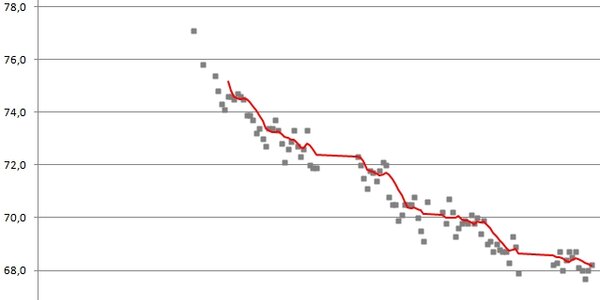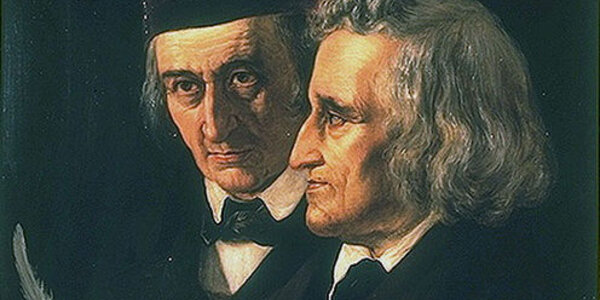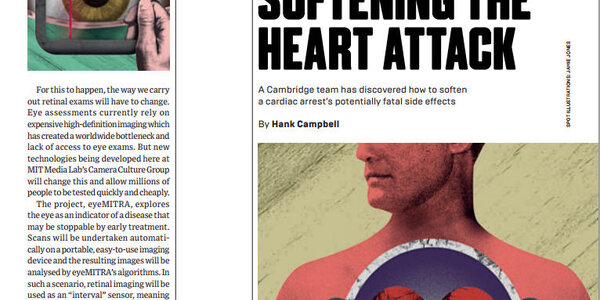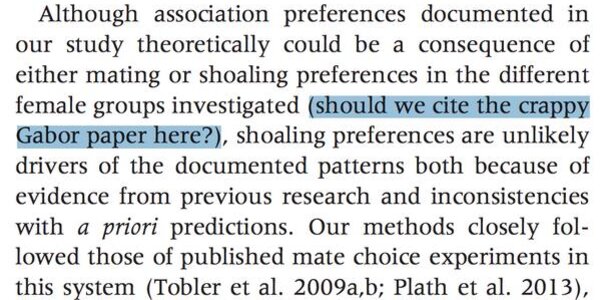What else could I hope for ?
Great - after posting a blog on alpha_strong and the new CMS measurement of its value yesterday, today I am leaving for the US. My internet connection is going to be shaky during my trip, and right now I am living on the free airport wifi in Paris, waiting to board on my flight. But fortunately, I don't need to worry about answering the comments I receive to that post - in fact the two main commenters, Vladimir and John, are answering each other well enough that I do not need to intervene... It would take a long time to argue that Vladimir is taking QFT the wrong way, but…







